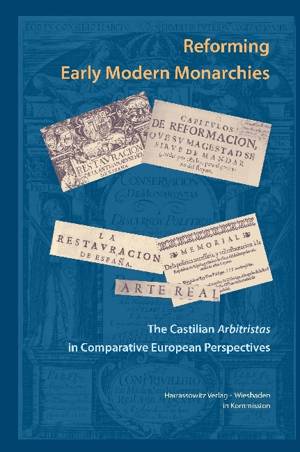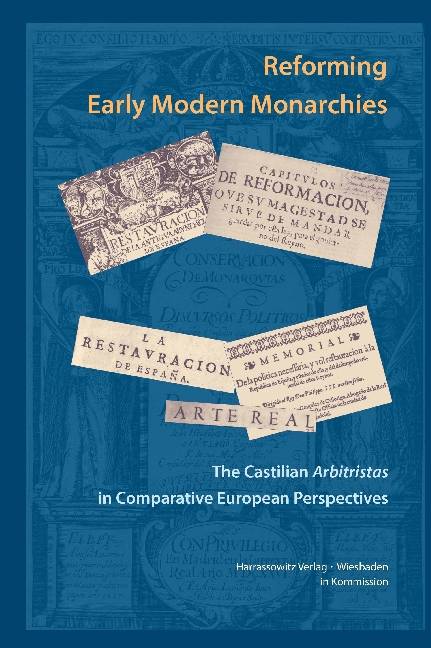
Bedankt voor het vertrouwen het afgelopen jaar! Om jou te bedanken bieden we GRATIS verzending (in België) aan op alles gedurende de hele maand januari.
- Afhalen na 1 uur in een winkel met voorraad
- In januari gratis thuislevering in België
- Ruim aanbod met 7 miljoen producten
Bedankt voor het vertrouwen het afgelopen jaar! Om jou te bedanken bieden we GRATIS verzending (in België) aan op alles gedurende de hele maand januari.
- Afhalen na 1 uur in een winkel met voorraad
- In januari gratis thuislevering in België
- Ruim aanbod met 7 miljoen producten
Zoeken
Reforming Early Modern Monarchies
The Castilian Arbitristas in Comparative European Perspectives
€ 127,45
+ 254 punten
Omschrijving
During the last decades of the 16th century, the political and economic pillars of the once-powerful empire of Charles I seemed to have become insecure and fragile. Subjects of the Spanish king responded to perceptions of decline by authoring so-called arbitrios, records documenting the presumed "ills" of the body politic, and proposing "remedies" for its recovery. Yet, whereas the authors of arbitrios presented themselves as "doctors" fulfilling their duty of examining and healing the Spanish monarchy, their contemporaries came to mock them as "arbitristas". This ridicule finally shaped an image of early modern arbitrismo that even made its way into early scientific contexts and studies. Today, scholars not only agree that the history of the arbitristas needs to be integrated into a new history of Spanish economic and political thought, but they also tend to expand the geographical and disciplinary horizons of their research and open fresh avenues for comparative approaches. The present volume aims to make a contribution to similar studies and to stimulate further research: On the one hand, it discusses arbitrismo as part of 16th- and 17th-century European practices of advice literature. On the other hand, it places the history of the arbitristas in the larger context of a cultural history of knowledge, economy, and early modern political communication.
Specificaties
Betrokkenen
- Uitgeverij:
Inhoud
- Aantal bladzijden:
- 240
- Taal:
- Engels
- Reeks:
- Reeksnummer:
- nr. 143
Eigenschappen
- Productcode (EAN):
- 9783447104852
- Verschijningsdatum:
- 27/09/2016
- Uitvoering:
- Hardcover
- Formaat:
- Genaaid
- Afmetingen:
- 170 mm x 240 mm
- Gewicht:
- 439 g

Alleen bij Standaard Boekhandel
+ 254 punten op je klantenkaart van Standaard Boekhandel
Beoordelingen
We publiceren alleen reviews die voldoen aan de voorwaarden voor reviews. Bekijk onze voorwaarden voor reviews.








